Essential Techniques for German Shepherd K9 Training
DR
Expert German Shepherd K9 Training Techniques
Unlock the full potential of your German Shepherd with expert K9 training techniques. From obedience to specialized skills, transform your GSD into an ideal service dog.
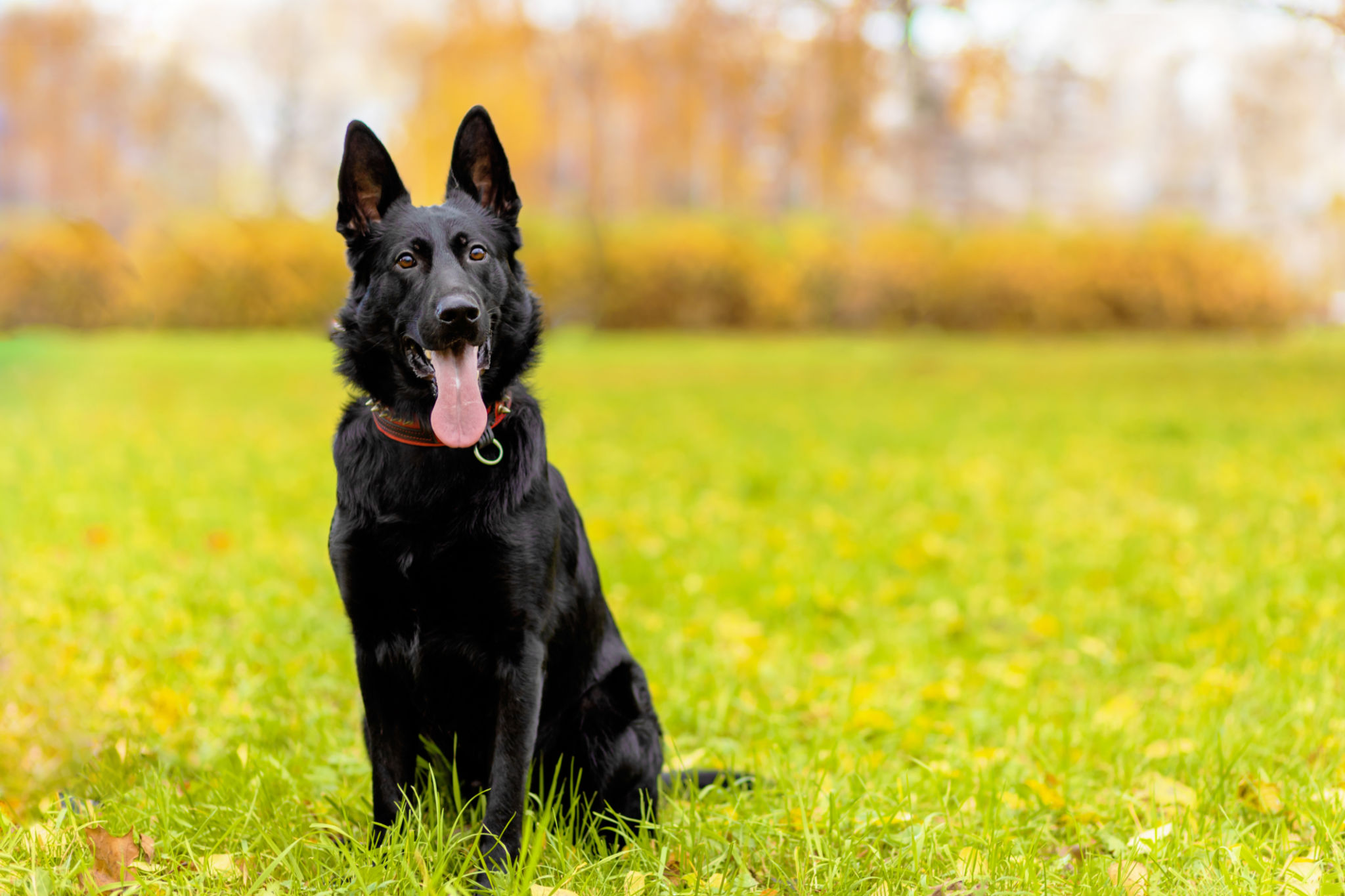
Before delving into specific training techniques, it's important to understand the inherent qualities of German Shepherds that make them ideal for K9 work. German Shepherds are known for their intelligence, loyalty, and strong work ethic. These traits, combined with their physical capabilities, make them exceptional service dogs. In addition to these qualities, their adaptability to various environments and situations stands out, making them highly reliable companions in unpredictable scenarios.
Intelligence and Trainability
German Shepherds are ranked among the most intelligent dog breeds. This high level of intelligence makes them highly trainable, but it also means they require mental stimulation to prevent boredom, which can lead to behavioral issues. Their problem-solving abilities allow them to learn complex tasks quickly and efficiently. Engaging them in activities that challenge their minds, such as puzzle games or interactive toys, can help channel their intelligence positively.
Physical Abilities
With their robust build and high energy levels, German Shepherds excel in physically demanding tasks. They are agile, strong, and have a keen sense of smell, which is why they are often used in search-and-rescue operations and as narcotics detection dogs. Their endurance allows them to perform tasks over extended periods without losing focus. Additionally, their speed and agility make them suitable for tracking and pursuing suspects, a critical skill in law enforcement.
Temperament
While German Shepherds are known for their courage and confidence, they can also be protective and territorial. Proper socialization from an early age is crucial to ensure they are well-adjusted and can differentiate between normal and threatening situations. A balanced temperament is essential for them to function effectively in high-pressure environments. By introducing them to various scenarios and people, you can help them develop the emotional resilience needed for K9 duties.
Foundational Training Techniques

Before your German Shepherd can take on specialized K9 duties, they need a strong foundation in basic obedience. These foundational skills are critical for more advanced training. Establishing these basics ensures your dog understands essential commands, creating a reliable communication system between you and your canine partner.
Obedience Training
Obedience training forms the cornerstone of all K9 training programs. Teaching your German Shepherd commands like "sit," "stay," "come," and "heel" establishes a line of communication between you and your dog. Consistency and positive reinforcement are key—reward your dog with treats, praise, or playtime for correctly following commands. Repetition and patience are crucial, as these basic commands lay the groundwork for more complex tasks.
Socialization
Early socialization is vital for German Shepherds to become well-rounded K9 dogs. Expose your puppy to various people, environments, and other animals to help them develop confidence and adaptability. This exposure will prevent fearfulness and aggression later in life. Structured playdates and controlled exposure to new experiences can help them navigate diverse situations calmly and confidently.
Leash Training
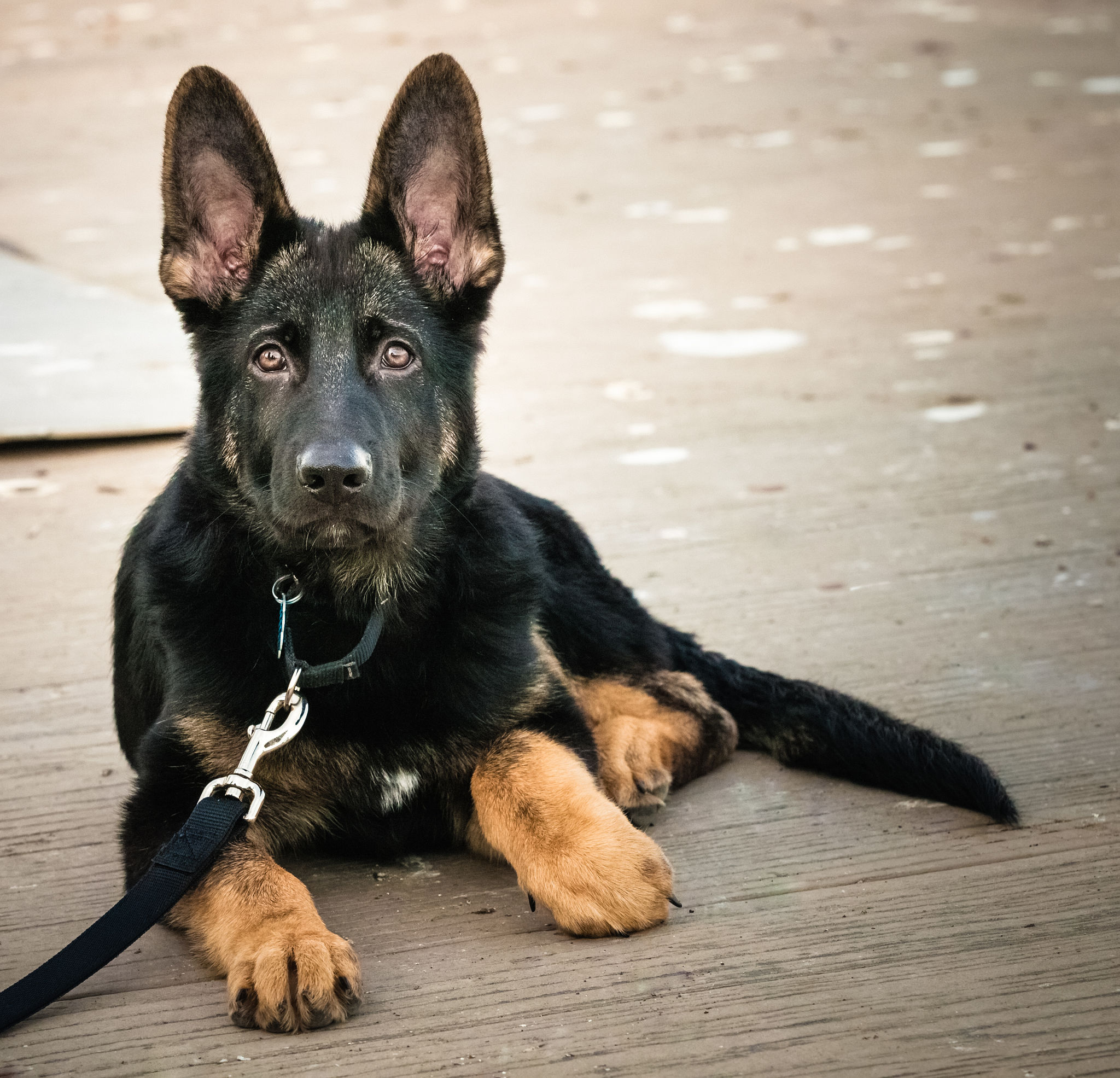
Leash training is essential for controlling your German Shepherd in public spaces. Start with short sessions in a familiar environment, gradually increasing the duration and complexity of walks. Teaching your dog to walk calmly on a leash will prevent pulling and ensure they remain focused on their handler. Mastery of leash training enhances their ability to follow commands in crowded or distracting environments, a key aspect of their role as K9 dogs.
Specialized K9 Training Techniques
Once your German Shepherd has mastered basic obedience, it's time to move on to specialized K9 training. These advanced techniques build on the foundational skills and prepare your dog for specific tasks. Specialized training transforms your German Shepherd from a well-behaved pet into a skilled working partner capable of performing complex jobs.
Scent Detection Training
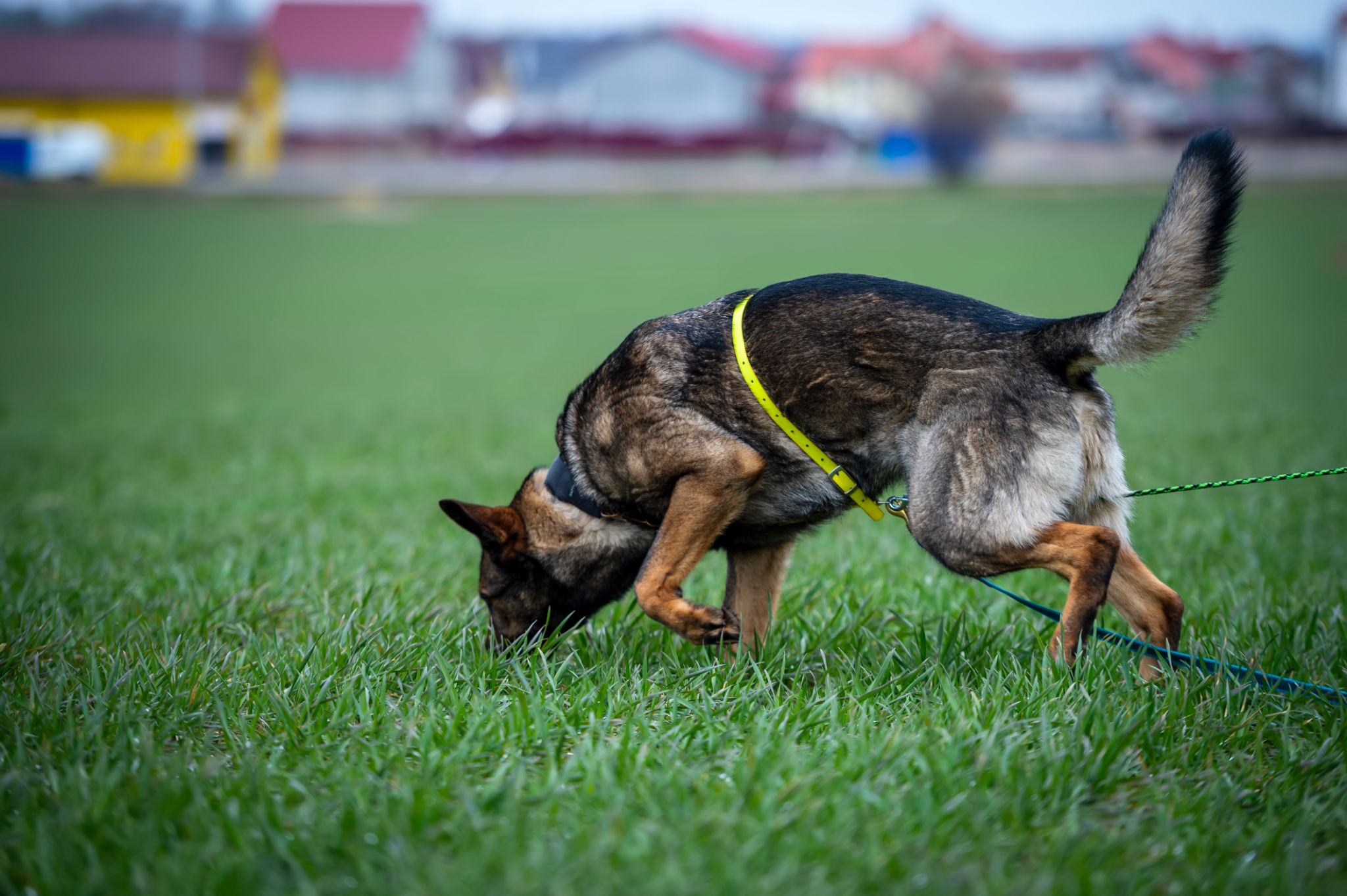
German Shepherds have an extraordinary sense of smell, making them ideal for scent detection work. Begin by introducing your dog to the target scent, such as narcotics or explosives, in a controlled environment. Use positive reinforcement when your dog successfully identifies the scent. Gradually increase the complexity of the training scenarios, including different locations and distractions. Consistent practice and exposure to various odors will refine their detection abilities, making them invaluable in search-and-detection roles.
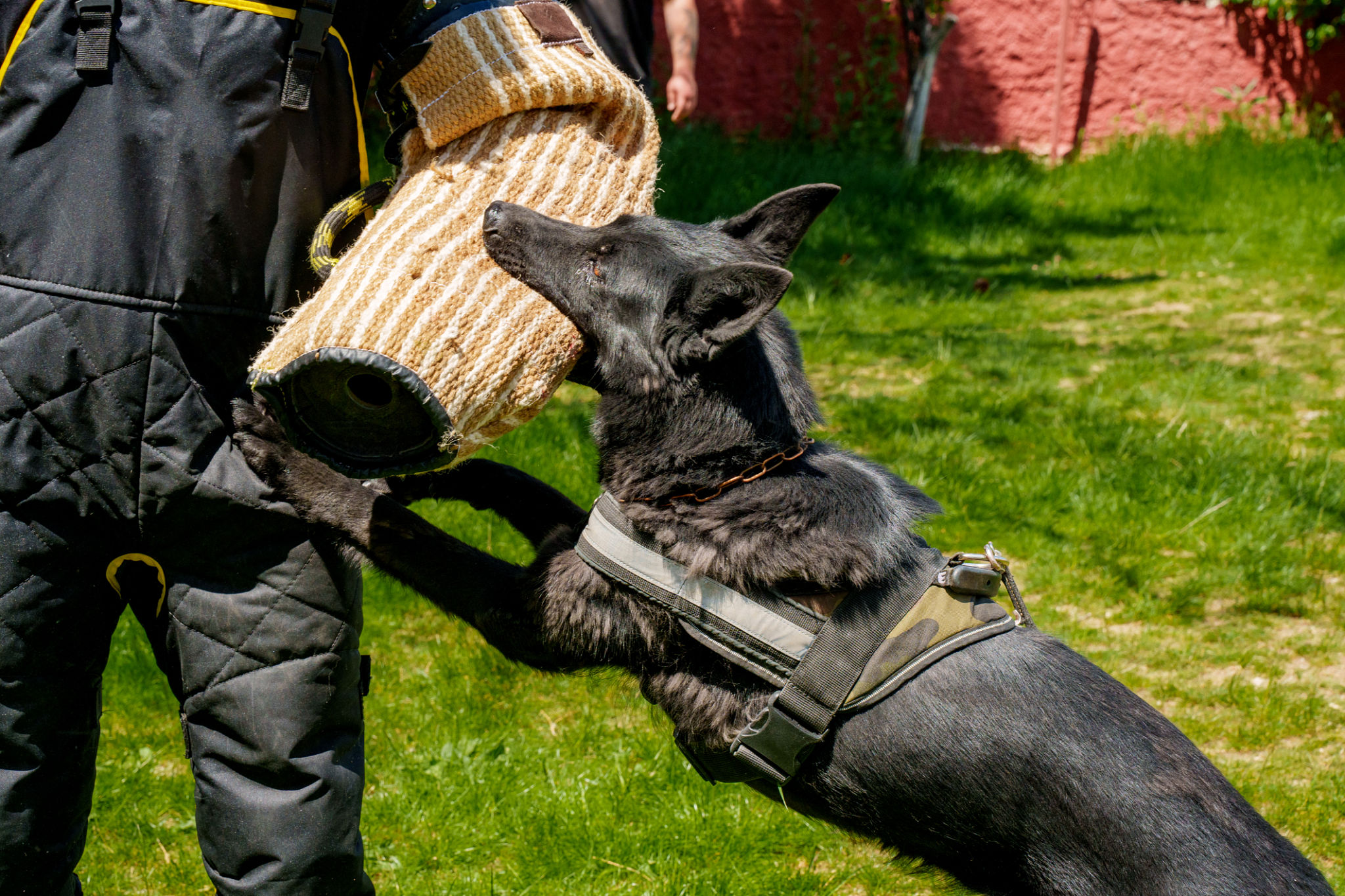
Protection training harnesses the German Shepherd's natural protective instincts. This type of training should only be conducted by professionals, as it involves teaching the dog to apprehend suspects or protect their handler. A well-trained protection dog can differentiate between threatening and non-threatening situations, responding appropriately to each. It is crucial that this training is balanced with obedience to ensure the dog remains under control in all situations, preventing any misuse of their strength and skills.
Agility Training
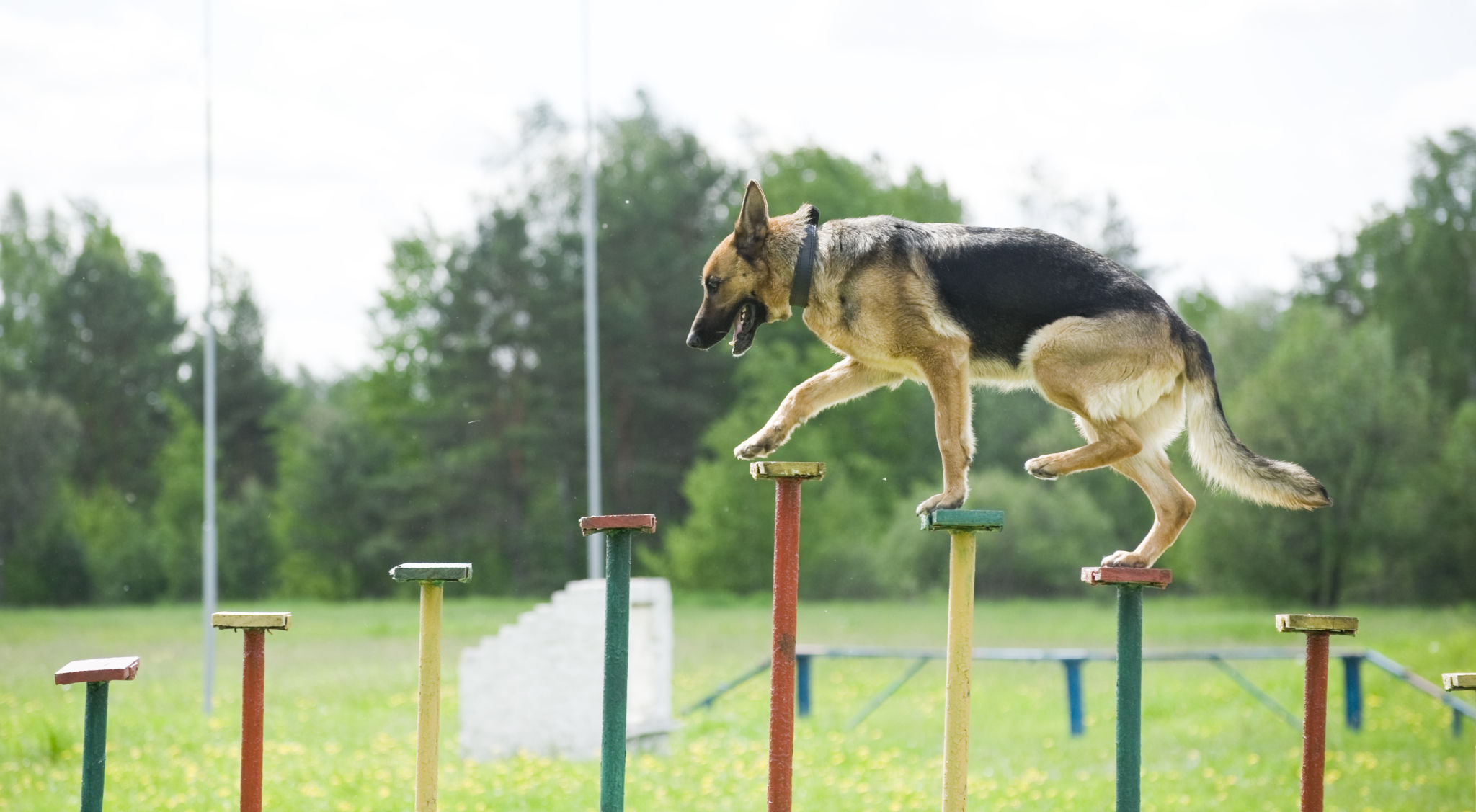
Agility training enhances your German Shepherd's physical coordination and mental acuity. Set up an agility course with obstacles like jumps, tunnels, and weave poles. Guide your dog through the course using commands and positive reinforcement. Agility training not only improves your dog's physical fitness but also strengthens the bond between you and your dog. Regular agility exercises keep your German Shepherd mentally sharp and physically fit, essential attributes for K9 duties.
The Role of the Handler
Successful German Shepherd K9 training is a partnership between the dog and the handler. As a handler, your role is to guide, support, and communicate effectively with your dog. Understanding your dog's signals and responding appropriately fosters trust and cooperation, which are vital for effective K9 work.
Building Trust and Confidence
Establishing trust and confidence is crucial for a strong handler-dog relationship. Spend quality time with your German Shepherd outside of training sessions to build rapport. Be patient and consistent, as a confident dog is more likely to succeed in K9 tasks. Engaging in activities outside of formal training, such as playtime or casual walks, strengthens the bond and builds a foundation of mutual trust and respect.
Clear Communication
Use clear and consistent commands to communicate with your German Shepherd. Consistency helps your dog understand what is expected of them, reducing confusion and improving their response to commands. Clear communication also involves reading your dog's body language and signals, which can inform your training approach and enhance overall effectiveness.
Continuous Education
Even after your German Shepherd has completed their initial training, continuous education is important. Regular practice reinforces learned behaviors and keeps your dog sharp. Attend refresher courses and stay updated on new training techniques to ensure your dog remains at the top of their game. Continuous learning and adaptation are key to maintaining the high standards required for K9 work, ensuring that both handler and dog are always prepared for new challenges.
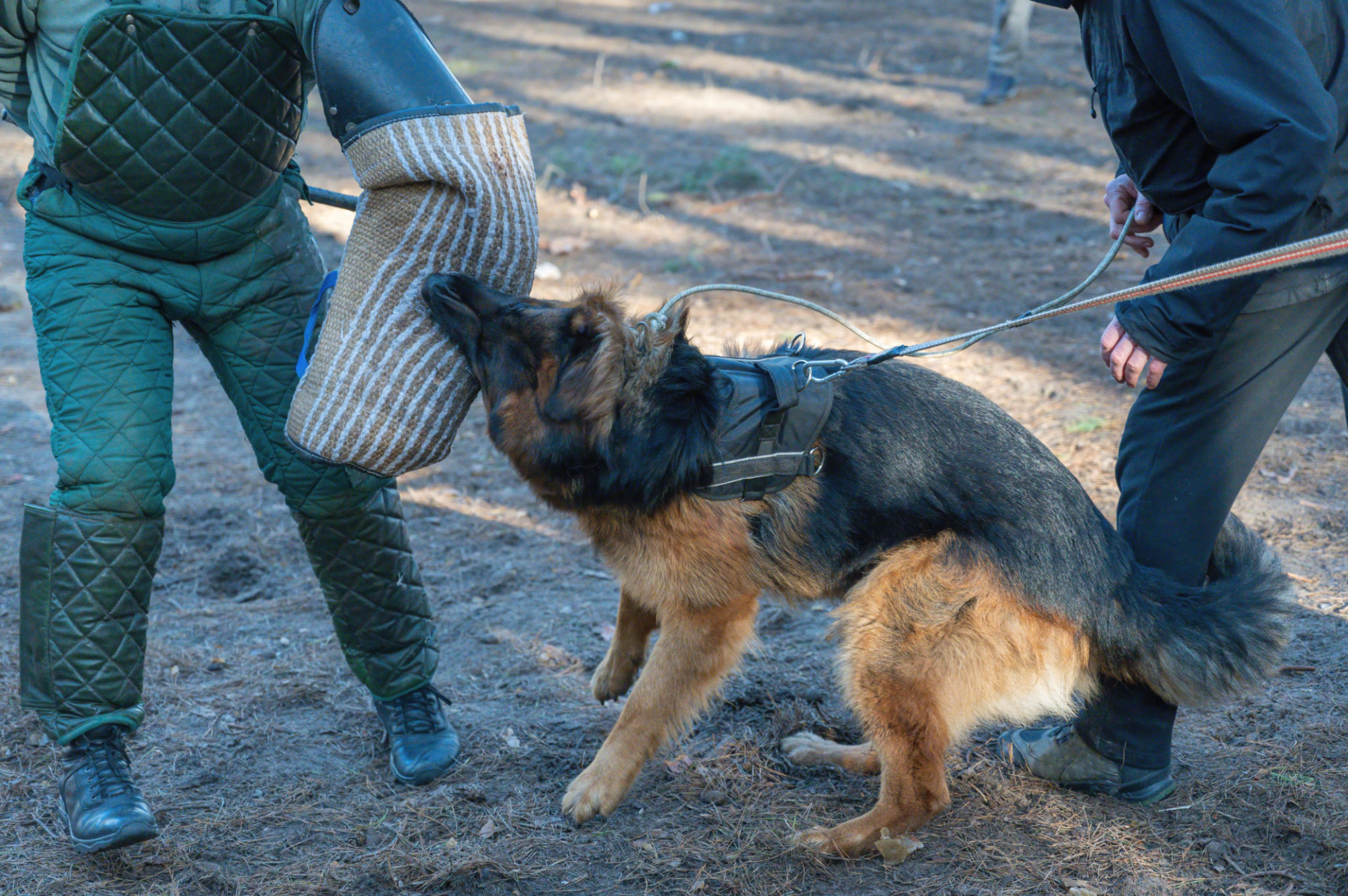
Conclusion
Training a German Shepherd for K9 duties requires dedication, patience, and a deep understanding of the breed's unique characteristics. By employing professional German Shepherd training techniques and fostering a strong handler-dog relationship, you can develop a well-disciplined and effective K9 partner. Whether your German Shepherd is working in law enforcement, search-and-rescue, or personal protection, these essential training techniques will help them excel in their role.
Remember, training is an ongoing process, and a well-trained German Shepherd is not only a valuable asset but also a loyal and trusted companion. The commitment to continuous improvement and nurturing the bond with your German Shepherd will ensure they remain a reliable and effective partner in any situation.
